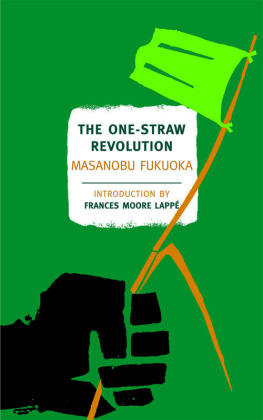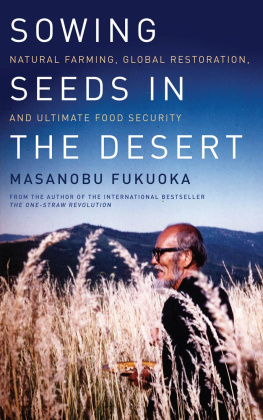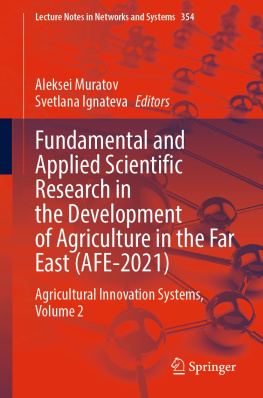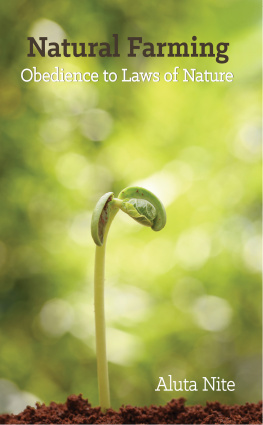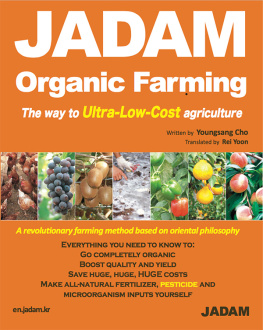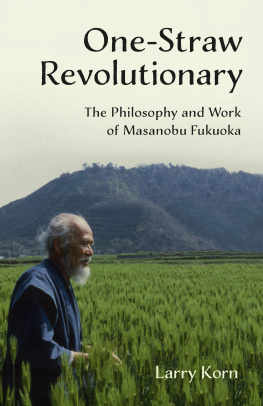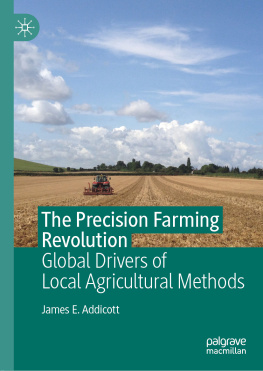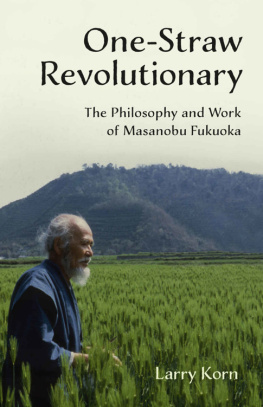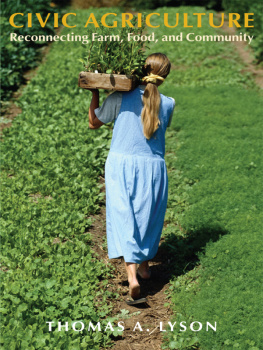Masanobu Fukuoka - The One-Straw Revolution: An Introduction to Natural Farming
Here you can read online Masanobu Fukuoka - The One-Straw Revolution: An Introduction to Natural Farming full text of the book (entire story) in english for free. Download pdf and epub, get meaning, cover and reviews about this ebook. year: 2009, publisher: NYRB Classics, genre: Romance novel. Description of the work, (preface) as well as reviews are available. Best literature library LitArk.com created for fans of good reading and offers a wide selection of genres:
Romance novel
Science fiction
Adventure
Detective
Science
History
Home and family
Prose
Art
Politics
Computer
Non-fiction
Religion
Business
Children
Humor
Choose a favorite category and find really read worthwhile books. Enjoy immersion in the world of imagination, feel the emotions of the characters or learn something new for yourself, make an fascinating discovery.
- Book:The One-Straw Revolution: An Introduction to Natural Farming
- Author:
- Publisher:NYRB Classics
- Genre:
- Year:2009
- Rating:3 / 5
- Favourites:Add to favourites
- Your mark:
The One-Straw Revolution: An Introduction to Natural Farming: summary, description and annotation
We offer to read an annotation, description, summary or preface (depends on what the author of the book "The One-Straw Revolution: An Introduction to Natural Farming" wrote himself). If you haven't found the necessary information about the book — write in the comments, we will try to find it.
Trained as a scientist, Fukuoka rejected both modern agribusiness and centuries of agricultural practice, deciding instead that the best forms of cultivation mirror natures own laws. Over the next three decades he perfected his so-called do-nothing technique: commonsense, sustainable practices that all but eliminate the use of pesticides, fertilizer, tillage, and perhaps most significantly, wasteful effort.
Whether youre a guerrilla gardener or a kitchen gardener, dedicated to slow food or simply looking to live a healthier life, you will find something hereyou may even be moved to start a revolution of your own.
Masanobu Fukuoka: author's other books
Who wrote The One-Straw Revolution: An Introduction to Natural Farming? Find out the surname, the name of the author of the book and a list of all author's works by series.

